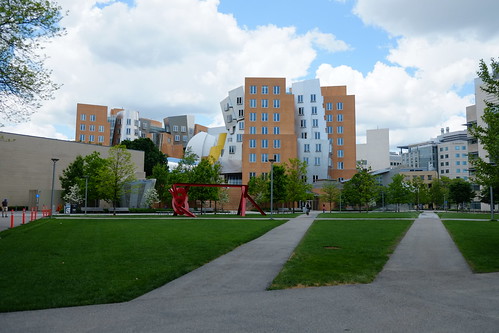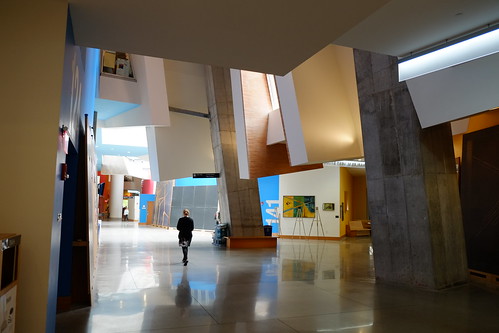This piece about scientists’ working hours was written from last year, but it recently came to my attention after Jennifer Polk tweeted it out. (Of course I’m not shy about writing about something from 1876, so 2015 is not a problem!) Bryan Gaensler, Director of the Dunlap Institute for Astronomy and Astrophysics at the University of Toronto, argues that “Workaholism isn’t a valid requirement for advancing in science:”
Those of us who are fortunate enough to have risen to senior academic positions have the privilege and responsibility of serving as mentors and role models to our junior colleagues. As young scientists learn the skills and approaches needed to become the science leaders of the future, they are deeply influenced by the advice of their lab heads and department chairs. So when someone asks me how many hours they should be working, I refuse to give them a number. Instead I tell them that they need to make sure they eat, sleep and relax, and that they should make time for their friends and families. Within those constraints, they need to figure out their optimal working hours for themselves.
Science demands a lot of its disciples, so scientists should take control, not be controlled. Young researchers should determine how, where and when they work best, should set themselves rules, and then should try to stick to them. Ever since my time as a postdoc at MIT, I aim to walk out the door by 5 or 6 every night, I try not to answer emails on weekends and I take my allotted vacation time. Just as heads and directors are expected to be exemplars in our research, we must lead by example in work–life balance.
He noticed that when he was a postdoc at MIT and tried to compete with people by working crazy hours, it hurt his productivity. “The additional hours were not translating into extra progress, but rather only into extra exhaustion,” he writes. “So I went back to working eight-hour days, before moving on a few years later to a faculty position at Harvard.” But, he continues, there are all kinds of evidence-based reasons that chronic overwork is bad for you, and for your career.
Of course it’s easy to assume these days that the correct answer to “how many hours should I work” is more, especially in super-competitive fields like academic science, where the standards are high yet fuzzy (is your slightly lower science citation score in a more prestigious sub-specialty plus strong recommendation letters better than the other finalists’ much higher citation index in a bigger field? you’ll only find out when one of you is hired!), and you live with the lurking sense that everyone else understands what’s going on and you’re the only fraud. (Plus the possibility that there are 14 grad students at Tsinghua living on instant noodles and benzedrine who are going to duplicate and surpass your work in about 20 minutes.)
Lots of really accomplished scientists advocated shorter, more intensive working hours, and saw the right kinds of rest as essential to doing good work. Darwin of course is my go-to example, but there’s also the example of his next-door neighbor, banker, and amateur naturalist John Lubbock, tons of other Victorian examples, the mathematician John Littlewood, and others whose days consisted of four or five serious hours a day of hard concentration, with many other hours of apparently leisurely but actually very creative time. More recently, McDonnell Foundation president Susan Fitzpatrick made the case for unstructured time in a scientists’ life, and the ways that trying to take on too much can be counterproductive:
Paradoxically, doing more can lead to fewer impactful results—smaller questions, smaller insights, and smaller advances in knowledge. It is unfortunate that just about every professional reward and incentive in academic science requires that more and more be piled onto ever-crowded plates.
This actually echoes something that Santiago Ramón y Cajal said more than century ago: that
the observer can no longer afford to concentrate for extended periods of time on one subject, and must work even harder. Gone are the wonderful days of yore when those curious about nature were able to remain withdrawn in the silence of the study, confident that rivals would not disrupt their tranquil meditations. Research is now frantic. When a new technique is outlined, many scholars immediately take advantage of it and apply it almost simultaneously to the same problems—diminishing the glory of the originator, who probably lacks the facilities and time necessary to gather all the fruits of his labors, and of his lucky star.
So it’s good to see someone who treats sane working hours not as some kind of occupational mutation, but as a sign that they’re in charge of their own careers and lives. Too often we treat busyness as a sign of commitment, when in reality it can signal some pretty bad things: that we’re in over our heads, that our bosses aren’t very good at setting priorities and managing time, or that we’re just really bad at estimating how long it will take of us to do our jobs.

